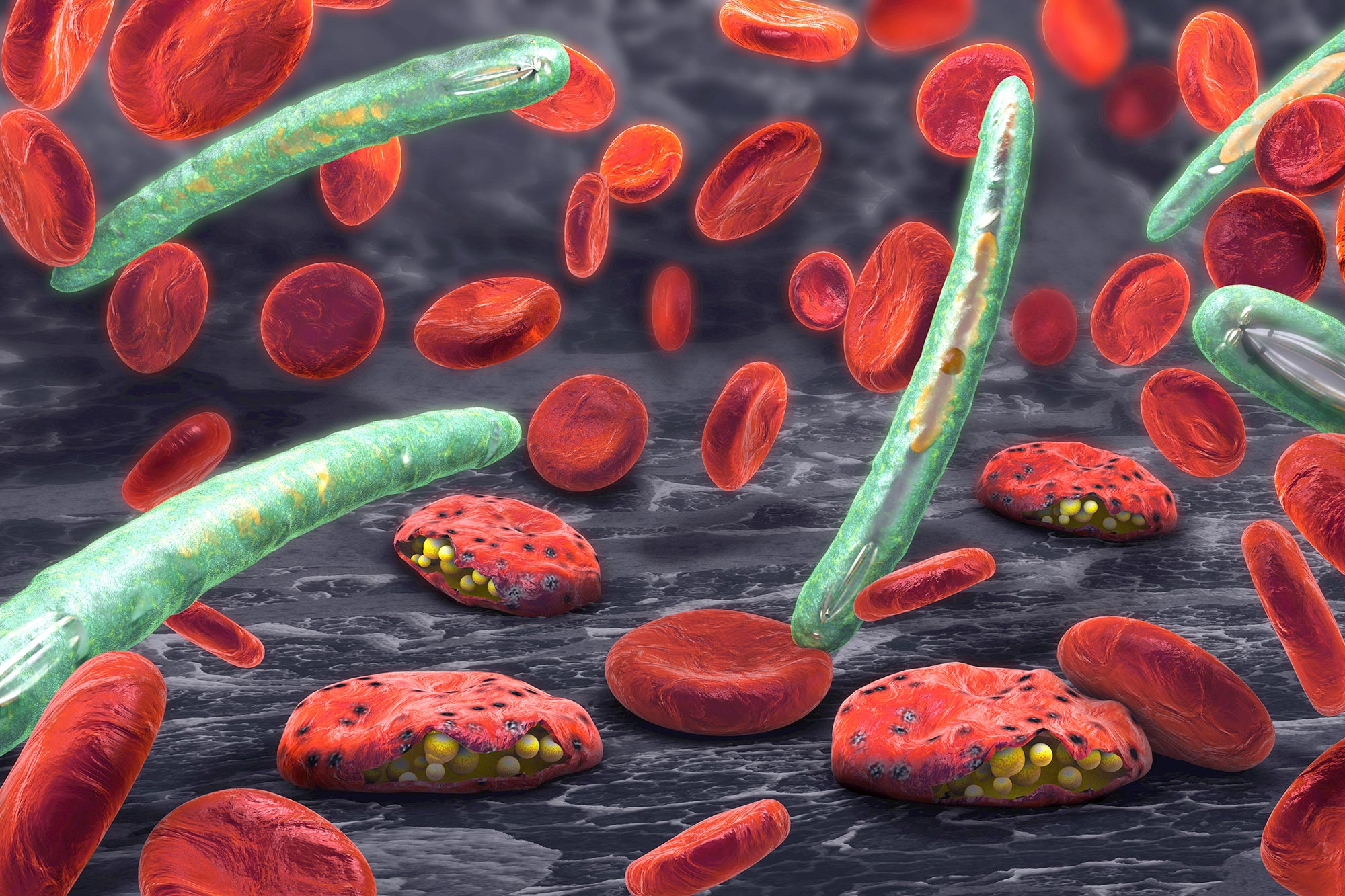A team of biology researchers at Georgia State University has found that some of the newer variants of the virus that causes COVID-19 can infect the respiratory tract of wild mice, unlike the original strain that emerged from China.
The study, published in the journal Viruses, found that the Alpha variant, first identified in the United Kingdom, and the Beta variant, first found in South Africa, were able to replicate in the lungs of wild mice, which the original version of the SARS-CoV-2 virus was not able to do without scientists genetically modifying the mice.
This evolution of the virus means that regular laboratory mice are now a useful model for researchers working to understand the virus, including the long-term effects suffered by many survivors, and to test possible treatments, said Mukesh Kumar, a virologist and immunologist who led the study.
Kumar said the results also highlight the potential for the virus to replicate and mutate in rodents, which often live in close proximity to city dwellers.
“The virus is now able to infect animal species much easier than it used to be,” Kumar said.
“So that does raise concerns about bats, rodents and other wild animals. There may be another dangerous mutation that happens in animals and eventually jumps into humans.”
Researchers and veterinarians have found strains of the virus in white-tailed deer in several states; gorillas, big cats, hippos and other animals in zoos; mink raised on farms in Europe; and a small number of pet cats and dogs.
Kumar noted that many animals show few or no symptoms of infection, though at least three endangered snow leopards in the U.S. have died due to the virus. In Hong Kong, officials plan to euthanize more than 2,000 hamsters after finding nearly a dozen in a pet shop infected with the Delta variant, though they noted there was no evidence that the animals had infected people.
Public health experts and researchers generally agree that infected zoo animals and pets have likely gotten the virus from people or other animals and say there is low risk of transmission from these animals to humans.
Kumar’s team found that the Beta variant was more able to infect mice than the Alpha variant and generated a higher viral load in the lungs. The researchers are also studying whether wild mice can be infected with the Delta and Omicron variants and expect to release results soon.
The other authors of the study are Ph.D. students Shannon Stone, Janhavi Prasad Natekar, Pratima Kumari, Shaligram Sharma, Heather Pathak and Tabassum Tasnim Auroni, and post-doctoral fellows Hussin Alwan Rothan and Komal Arora.
Story Source:
Materials provided by Georgia State University. Note: Content may be edited for style and length.
Note: This article have been indexed to our site. We do not claim legitimacy, ownership or copyright of any of the content above. To see the article at original source Click Here













